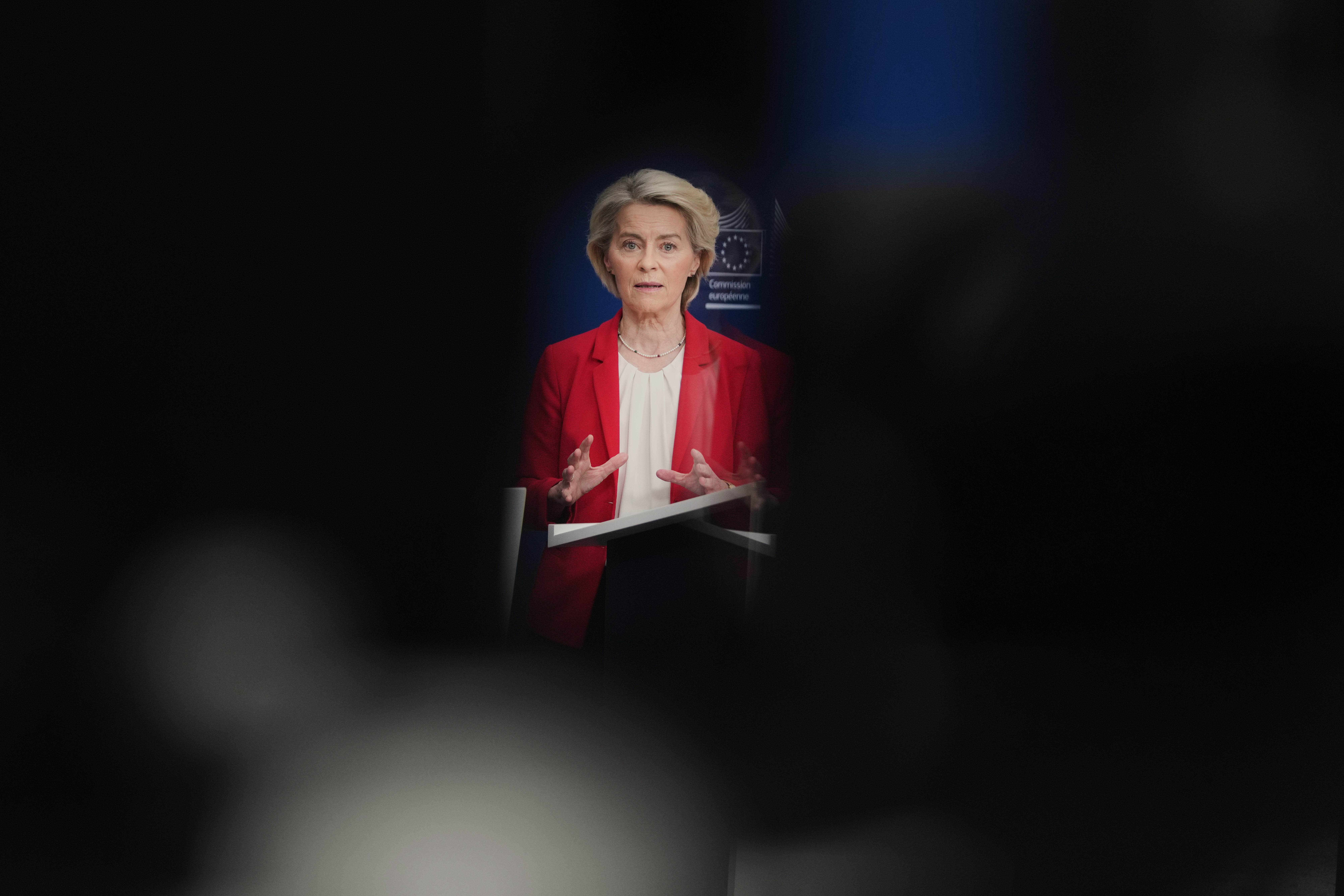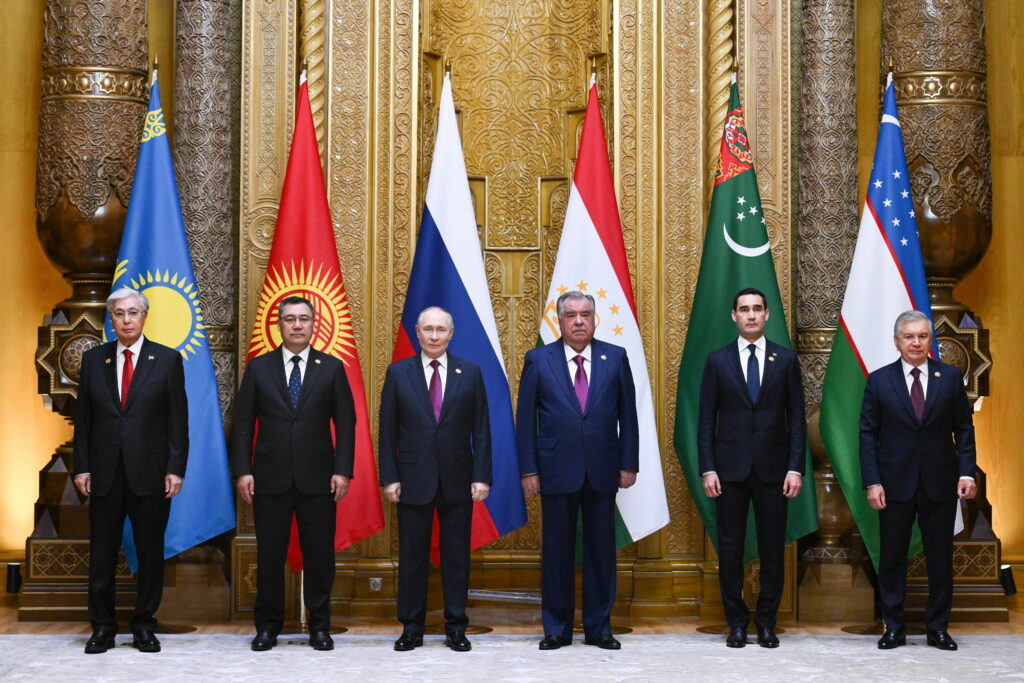On September 19, Ursula von der Leyen announced the completion of work on the 19th package of sanctions against Russia, which is likely to be adopted in the near future (provided that Brussels once again provides financial incentives to Budapest to overcome a possible veto). On September 23, Donald Trump told the UN General Assembly that he would impose a «very serious package of sanctions» against Russia—though only if the EU completely stops purchasing Russian energy resources by that time. Both of these events were virtually ignored by the Russian stock market—unlike, for example, the sensational but empty musing by Trump that Ukraine might not only recapture lost territories but «not stop there.»
Why are sanction measures becoming increasingly difficult for the West to implement and having less and less impact on Vladimir Putin’s policies?
The key obstacle to the development of the sanctions system against Russia is their high cost to the West itself. In the initial phase of Russia’s full-scale war against Ukraine in 2022, Western countries acted decisively, paying little attention to the financial consequences. For example, the ban on air travel with Russia and the reciprocal closure of Russian airspace to European airlines became a powerful psychological step, although it caused losses for European carriers and reduced their competitiveness. Moreover, sanctions were viewed not only as a tool to support Ukraine but also as a measure to ensure Europe’s own security. The embargo on Russian coal and oil, followed by a reduction in gas imports, led to serious costs but allowed Europe to almost completely abandon purchases of critically important resources from a potential enemy.
However, the «routinization» of the war and sanctions policy predetermined a much more cautious approach to new restrictions: European companies are not eager to leave the Russian market, and sanctions against individual Russian firms or dozens of vessels in the «shadow fleet» created by the Kremlin demonstrate low effectiveness.
In mid-2025, events seemed to gain new momentum: Trump proposed introducing tariffs on buyers of Russian oil to limit its exports (in fact, the initiative came from a number of American senators, Trump simplified it and presented it as his own). Such a measure, for all its danger to the Russian side, could cost the US tens of billions of dollars due to a reduction in trade turnover with dozens of countries, so the Europeans never took it seriously. The Trump administration «tested» the concept of secondary sanctions on India, but just a few weeks after they took effect, it began looking for ways to resume trade negotiations with New Delhi.
Joint pressure from the US, EU, and UK on China, India, and Turkey could double the cost of Russian oil for these countries, increasing the cost of importing their goods into Western jurisdictions by just 10−12%. However, such a measure was not implemented and is unlikely to be. No less illusory are ideas about blocking straits or imposing a naval blockade on Russian exports. There is nothing to replace the whole of Russian oil on the world market, and such a blockade would lead to prices rising to $ 110−120 per barrel, which is unacceptable for most countries.
In other words, the first problem is that sanctions that harm the Russian economy simultaneously inflict no less damage on the West in absolute terms. One can, of course, console oneself with the fact that the Russian economy, being significantly smaller, is either about to be «torn to shreds» or already looks like a «paper tiger,» but no one is prepared to sacrifice their own financial interests. This is precisely why we saw Malta and Cyprus repeatedly blocking the establishment of a «price cap» on Russian oil. By the end of the fourth year of the war, the West has realized: if we must pay for the war started by «these Russians,» at least let’s not refuse the money that can be made from them. This radically narrows the possibilities for sanction measures. Let’s call this the financial limiter of sanctions policy.
The second obstacle is the entrenched view in the West of Russia as a corrupt country run by oligarchs whose wealth was formed through the plundering of national assets and ties to power. This opinion is largely fair, but it has led to two erroneous conclusions. First, it was assumed that the oligarchs have significant influence on the political regime in Russia. Second, it was believed that all Russian capital is «dirty,» and the West must isolate itself from it as much as possible. Such perceptions became the main argument in favor of financial isolation of Russia and pressure on its business representatives: the shutdown of all Western payment systems in Russia, the freezing of «oligarchs’» assets, and the closure of accounts for a significant portion of Russian citizens (a proposal to ban Russians from owning real estate in Europe was floated but did not pass). This position seemed mistaken from the very beginning for two reasons.
First of all, the West failed to account for the fact that super-rich Russians will not criticize the regime while remaining in Russia. Their «opposition» could only be awakened by luring them to the West’s side (for which there were prerequisites, as a significant portion of business relatively independent from the Kremlin had been legalizing its capital abroad for many years). Willingness to support those who would condemn the war and the regime could have created a split in the ranks of the Russian «oligarchy,» but Western politicians chose the opposite path, driving business back to Russia «into Putin’s embrace» through sanctions.
The same was done with ordinary citizens. The introduced restrictions deprived Russians of the opportunity to spend money abroad or transfer it to Western jurisdictions. This led to the accumulation of capital inside Russia, creating additional resources for financing the war and reducing citizens’ motivation to resist the regime, as the emerging risks were not balanced by the possibility of fleeing to «backup airfields.» It now seems obvious that this logic was erroneous. It would have been more correct to «open the floodgates», withdraw as much money and human capital from Russia as possible, create a split among the elite, and stimulate «defection» by businessmen and officials previously loyal to the regime. However, for ideological reasons, it is now impossible to admit the mistake and change course, especially since entrepreneurs who returned to Russia after sanctions and asset seizures feel deceived, and no changes will make them reconsider their attitude toward the West. This ideological limiter blocks the search for more flexible forms of sanctions policy that could give the fight against the Putin regime a new dimension.
Both noted circumstances create a narrow corridor of possibilities, probably even a tunnel with no exit. Options that could cause severe consequences for the Russian economy are too costly for the West. At the same time, options that could bring clear benefits to the West are unacceptable for ideological reasons. Therefore, in the future, everything will continue to be limited to targeted measures: restrictions on shadow fleet vessels (while simultaneously granting permissions for commercial activities in the EU to the largest beneficiaries of buying cheap oil from Russia—for example, Mukesh Ambani), bans on transactions with another batch of Russian banks or crypto exchanges, and adding new individuals to sanctions lists.
An additional problem is created by the fact that sanctions have not achieved the result hoped for by their initiators. Although some measures are painful for the Russian economy, their overall effect has been lower than the expectations, which were initially overstated by sanctions policy supporters. This strengthens doubts about the justification of the costs already incurred and those to come. The logic behind introducing a «price cap» on Russian oil for third countries while the US, UK, and a significant part of the EU impose an embargo on it remains completely unclear: these two measures together ensure that the «third world» can purchase Russian fuel at discounts and gain competitive advantages in producing industrial goods, which are then exported to developed countries. This is far from the only «strange» consequence of sanctions. The Russian economy has been slowing down lately, which may give rise to new hopes, but if no serious crisis occurs in it in 2026 and the Kremlin’s ability to finance military spending is not undermined, sanctions policy as a tool for «compelling peace» will be completely discredited.
Western countries (or more precisely, European politicians) face a choice. Given that the US is pushing Europe toward self-financing Ukraine’s defense, the capitals of the Old World may either make a last attempt to crush the Russian economy by joining American prohibitive tariffs on countries trading with Moscow (and extending sanctions in their full scope to EAEU member states to force them out of any integration associations involving Russia, thereby closing numerous export-import loopholes), or conduct an amnesty for Russian capital and stimulate the outflow of money and people from the country in order, on the one hand, to obtain an additional source of support for Ukraine, and on the other, to weaken the Putin regime socially and politically by forcing it to impose its own restrictions on people’s movements and asset outflows, thereby provoking discontent within Russia.
Maintaining the current sluggish course could lead to the preservation of the Kremlin’s confidence in controlling the situation both domestically and in foreign policy, as well as to a gradual US withdrawal from the anti-Russian coalition, participation in which seems increasingly pointless to Trump (this does not mean that Trump will become Putin’s ally—on the contrary, his disappointment in the Russian leader is growing—but the US will likely leave Europe to solve problems on its own).
Will Europe choose to intensify sanctions? Without extraordinary events, the probability of this is extremely low.










